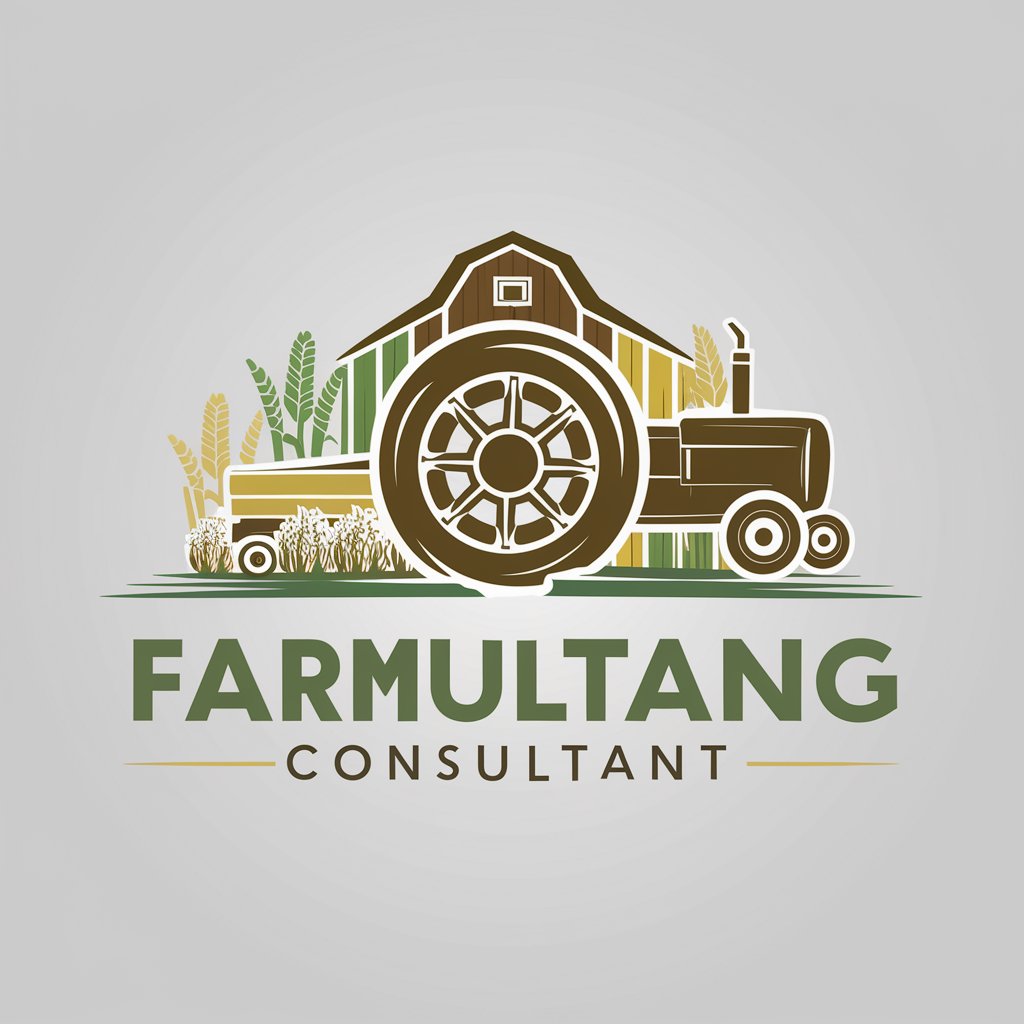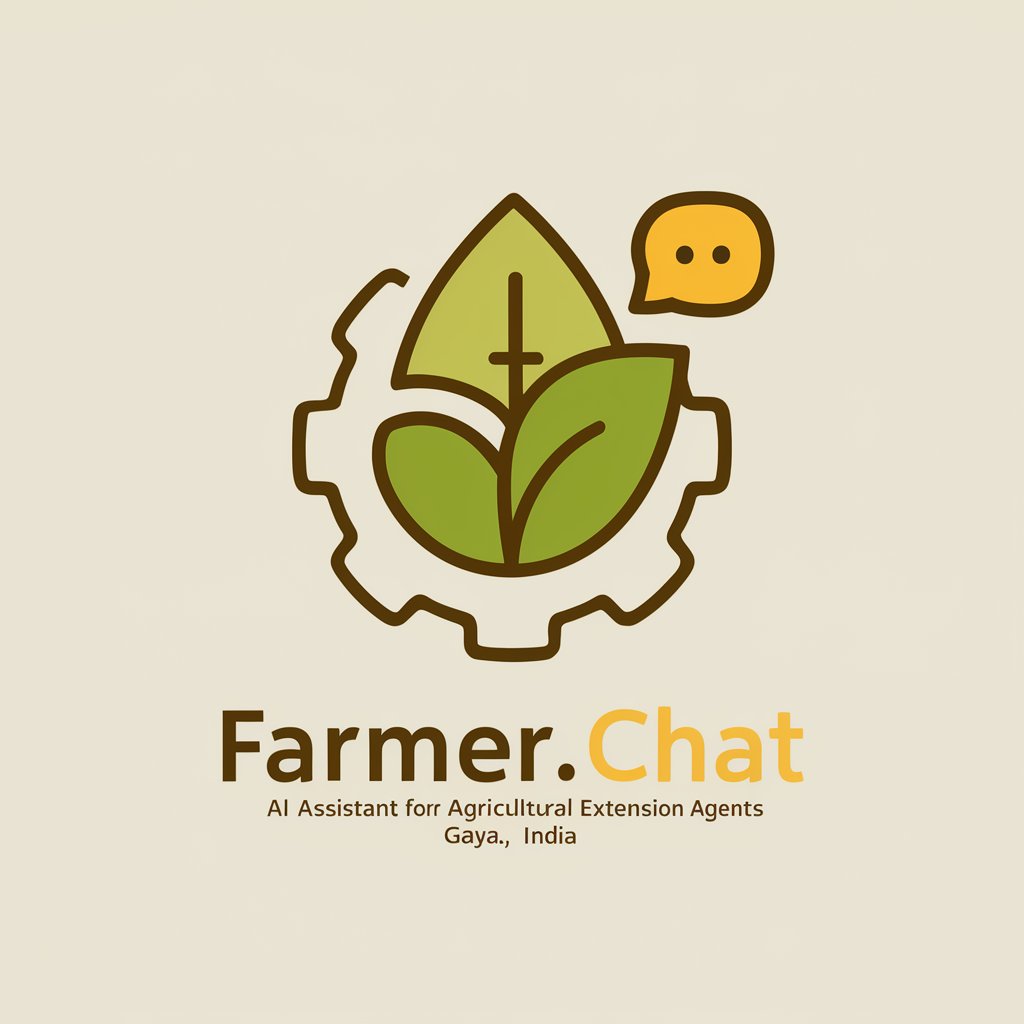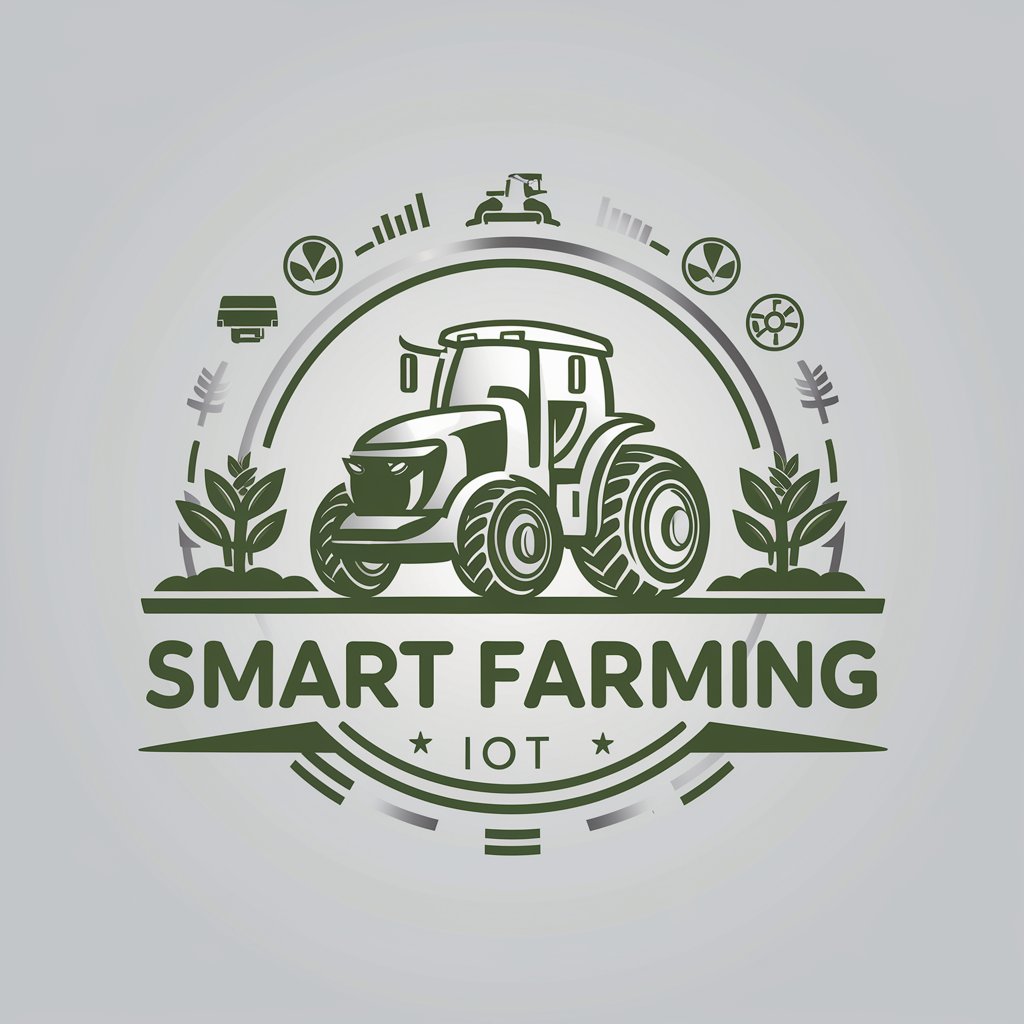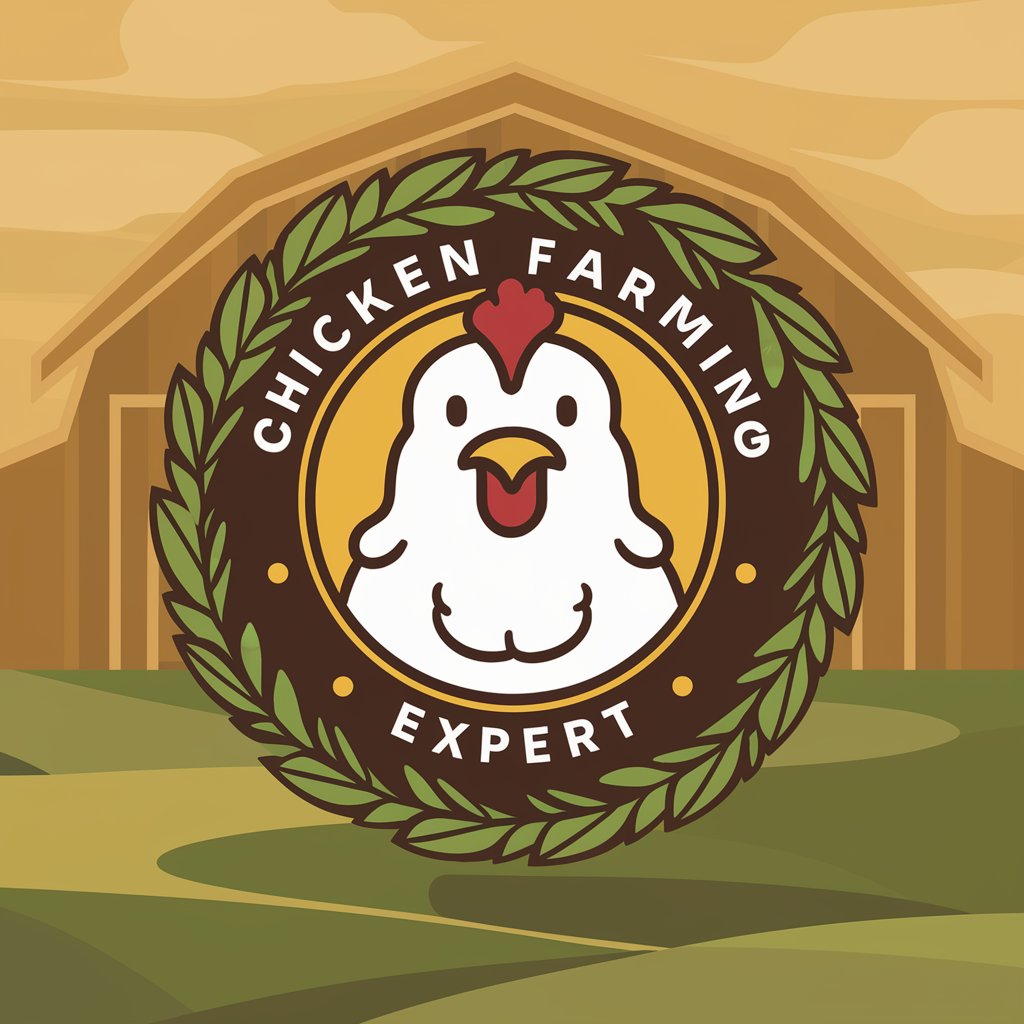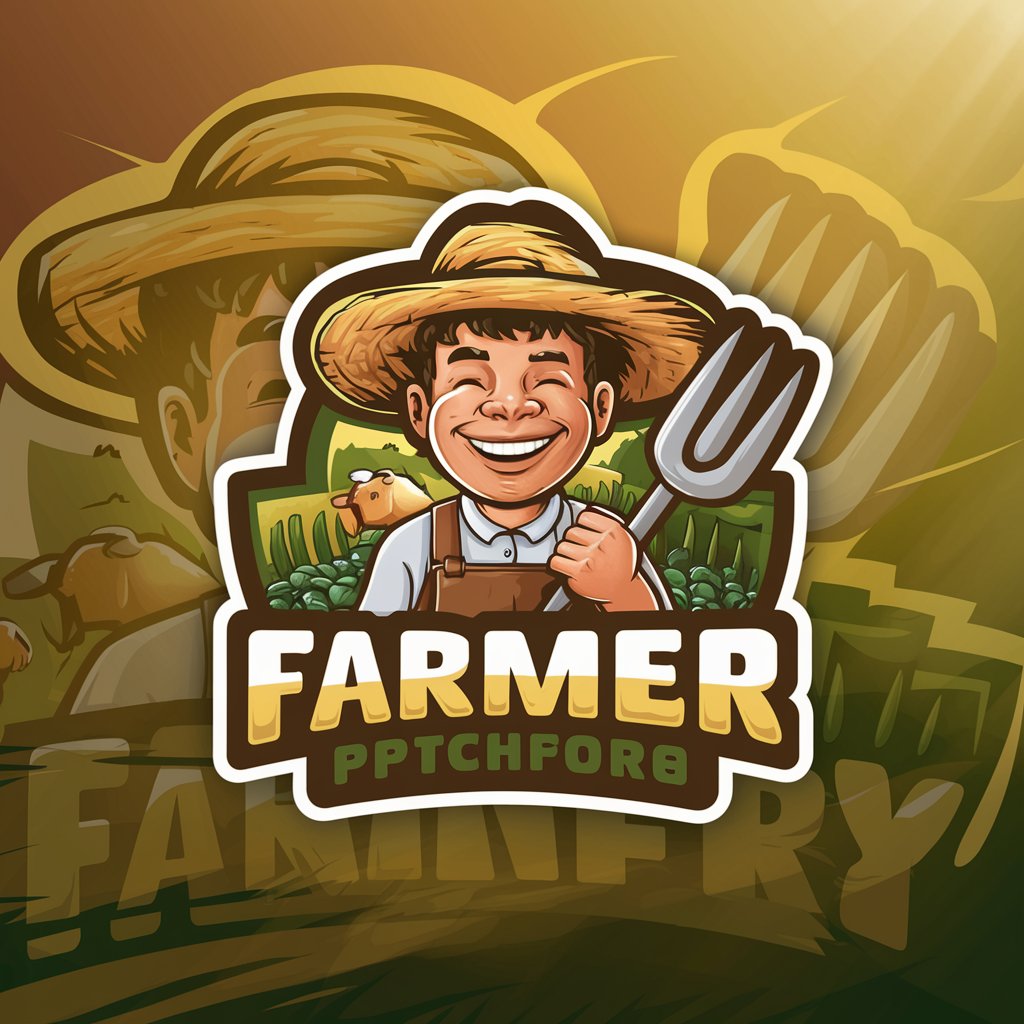
Farming - Farming Insights and Tips
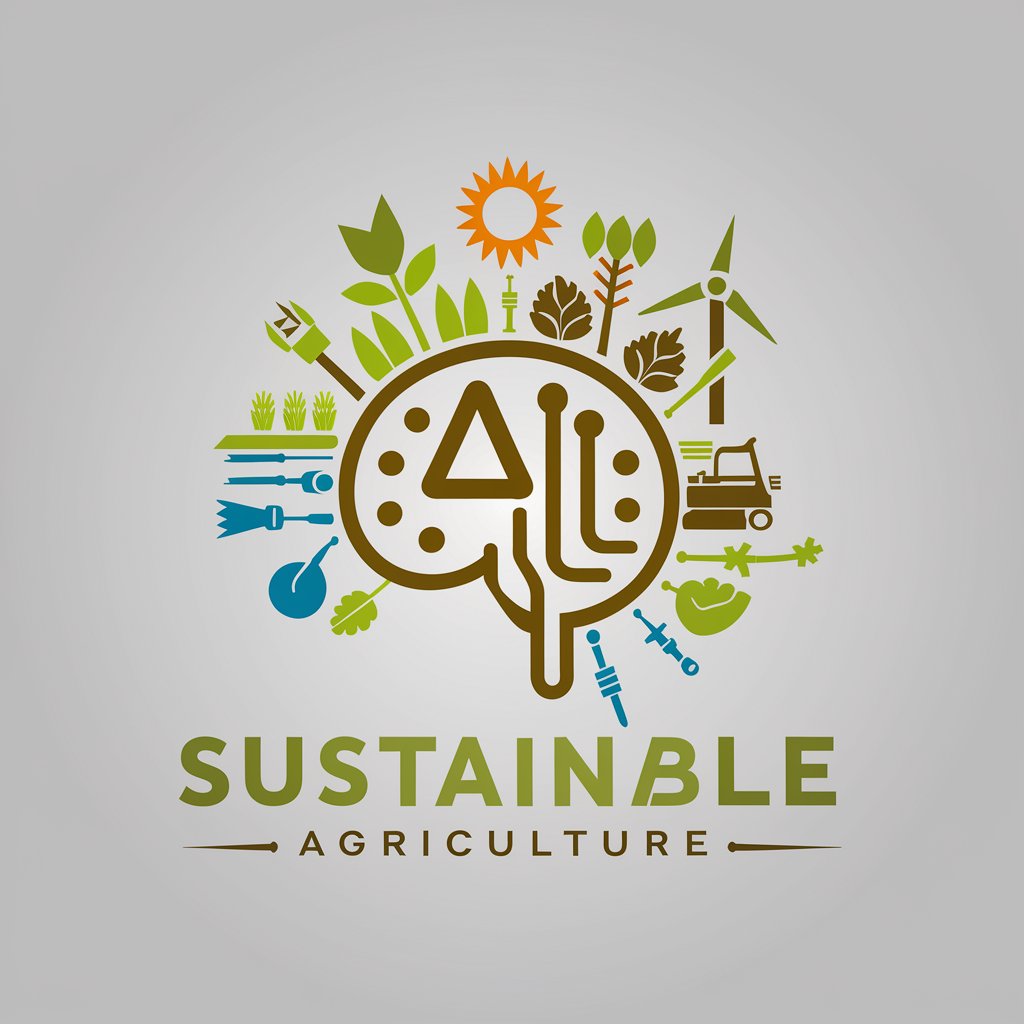
Hello! I'm here to help you with all things farming and sustainability.
Cultivating Sustainability with AI
Explain the benefits of crop rotation for soil health.
Describe the latest advancements in precision agriculture.
What are the best practices for sustainable livestock farming?
How can farmers integrate renewable energy into their operations?
Get Embed Code
Overview of Farming GPT
Farming GPT is a specialized version of the ChatGPT model, tailored to provide insights and information on modern farming practices, sustainable agriculture, and aspects of rural life. Its design purpose is to serve as a knowledge base and consultant for individuals interested in or actively involved in agriculture. By integrating a vast array of data on farming techniques, sustainability efforts, crop management, livestock care, and rural living, Farming GPT aims to offer precise, up-to-date information and advice. For example, a user inquiring about organic pest control methods would receive detailed strategies, including the use of beneficial insects and natural repellents, illustrating the application of sustainable farming practices. Powered by ChatGPT-4o。

Core Functions of Farming GPT
Agricultural Advice
Example
Providing recommendations on crop rotation to enhance soil health and reduce pest buildup.
Scenario
A small-scale farmer seeking to improve soil fertility without relying on chemical fertilizers might use Farming GPT for advice on crop rotation sequences and cover cropping techniques.
Sustainability Tips
Example
Suggesting methods for water conservation in arid regions, such as drip irrigation or mulching.
Scenario
An agricultural extension officer looking for water-saving practices to advise local farmers might consult Farming GPT for the latest sustainable irrigation techniques suitable for arid environments.
Rural Development Insights
Example
Offering guidance on integrating renewable energy sources into farming operations.
Scenario
A rural community leader exploring renewable energy solutions for local farms and homes might turn to Farming GPT for information on solar-powered irrigation systems and biogas for cooking and heating.
Livestock Management Strategies
Example
Advising on humane and efficient animal husbandry practices to improve welfare and productivity.
Scenario
A livestock producer interested in optimizing feed efficiency and animal health might use Farming GPT to learn about the latest in precision livestock farming technologies and nutritional management.
Target User Groups for Farming GPT
Small to Medium-Scale Farmers
These users benefit from access to a wide range of agricultural knowledge, from crop selection and sustainable farming practices to market trends and regulatory compliance. Farming GPT can help them make informed decisions to enhance productivity and sustainability.
Agricultural Students and Educators
This group uses Farming GPT as a learning tool and resource for up-to-date information on agricultural technologies, practices, and trends, facilitating a modern and comprehensive agricultural education.
Agricultural Extension Officers
Professionals who provide support and advice to farmers can leverage Farming GPT for the latest research, techniques, and solutions in agriculture, helping them to effectively disseminate knowledge and improve farming practices within their communities.
Agribusiness Stakeholders
These users, including suppliers, processors, and retailers, benefit from Farming GPT by gaining insights into sustainable supply chain practices, crop and livestock market trends, and innovations in agricultural technology, aiding in strategic decision-making.

How to Use Farming
1
Start by visiting yeschat.ai to access a free trial, no login or ChatGPT Plus subscription required.
2
Explore the tool's interface to familiarize yourself with its features and capabilities, focusing on those related to agriculture and farming.
3
Utilize the search and query functions to ask specific questions about modern farming practices, sustainable agriculture, or rural life.
4
Apply the insights and information provided to your agricultural projects or research, using the tips and advice for practical implementation.
5
Regularly use the tool to stay updated on the latest farming techniques and sustainability trends, ensuring you are employing best practices in your agricultural endeavors.
Try other advanced and practical GPTs
AgriAdvisor
Empowering Farmers with AI-Driven Advice
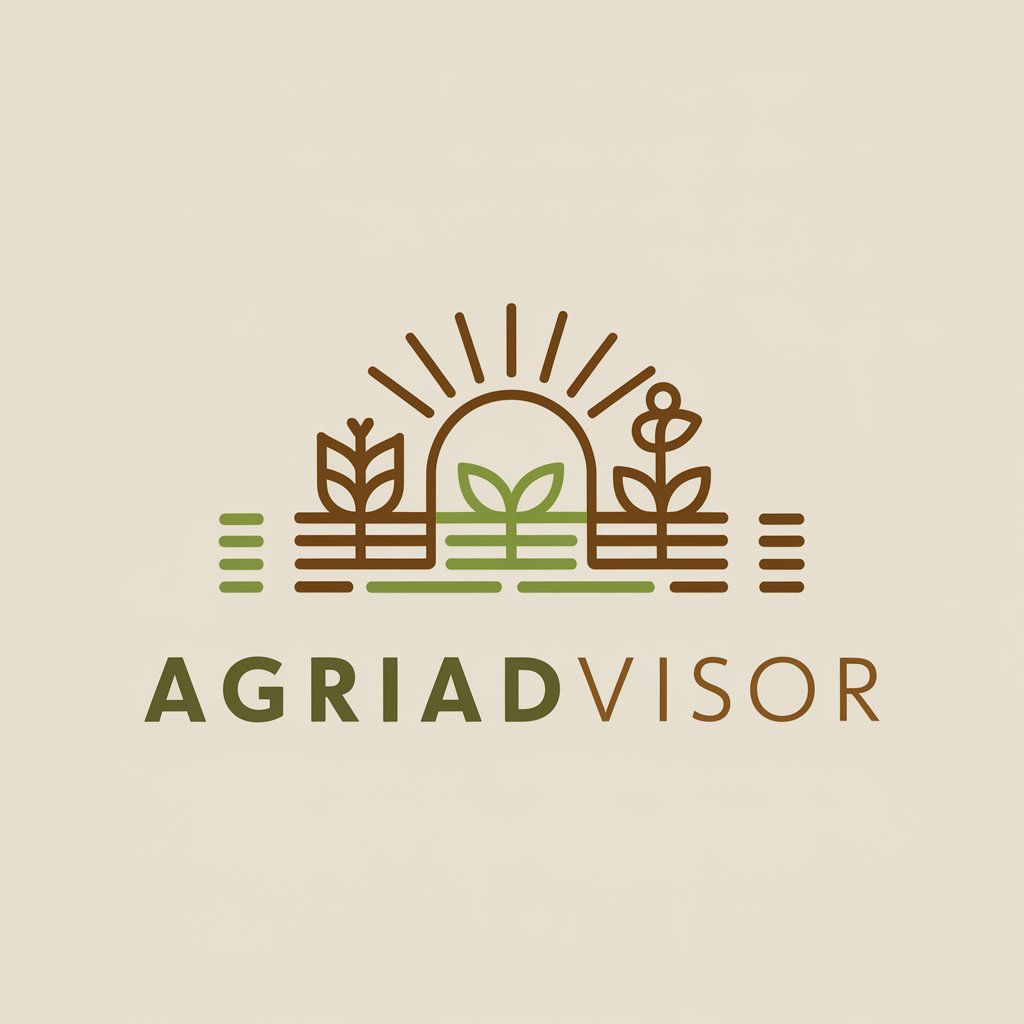
道の駅くりもとイノベーター
Empowering Development with AI Insight
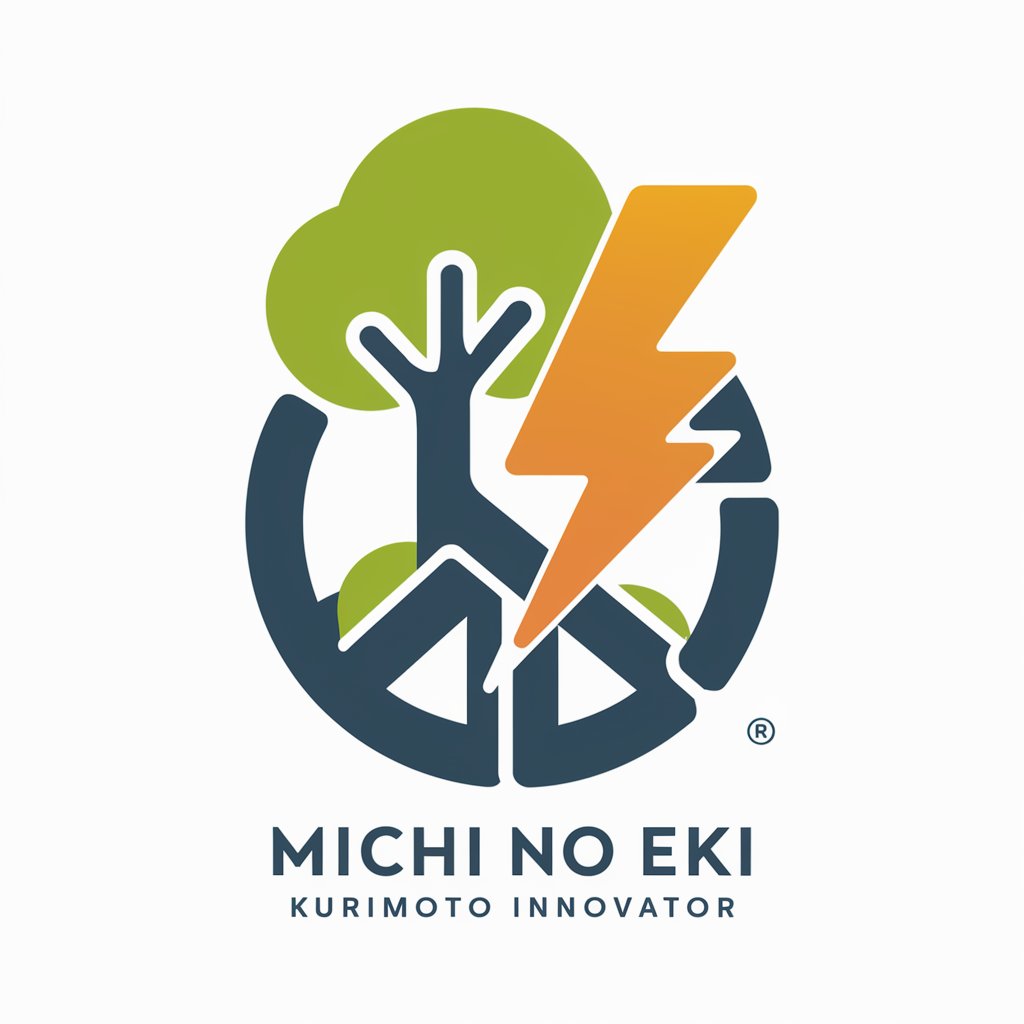
Orchard
Cultivate success with AI-powered orchard intelligence.
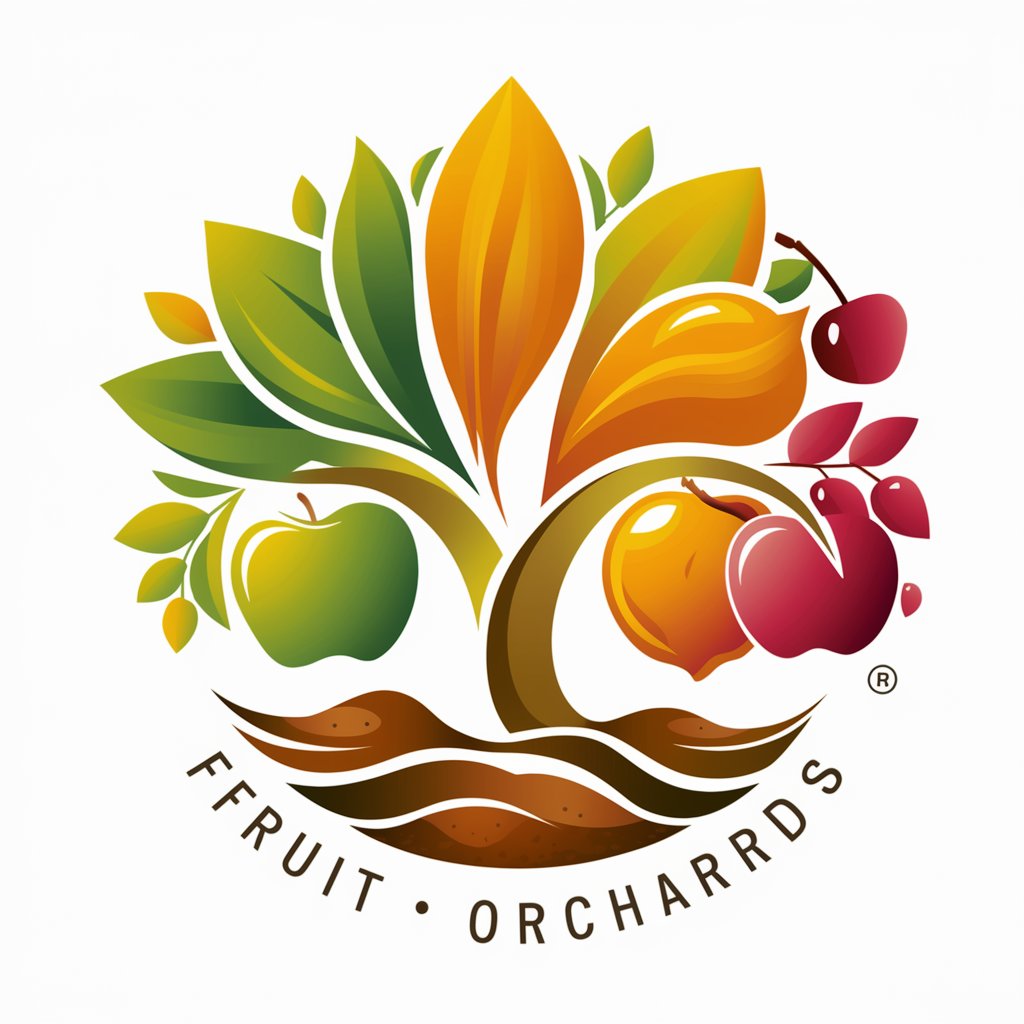
Agricultural Economics
Empowering Agriculture with AI Insights
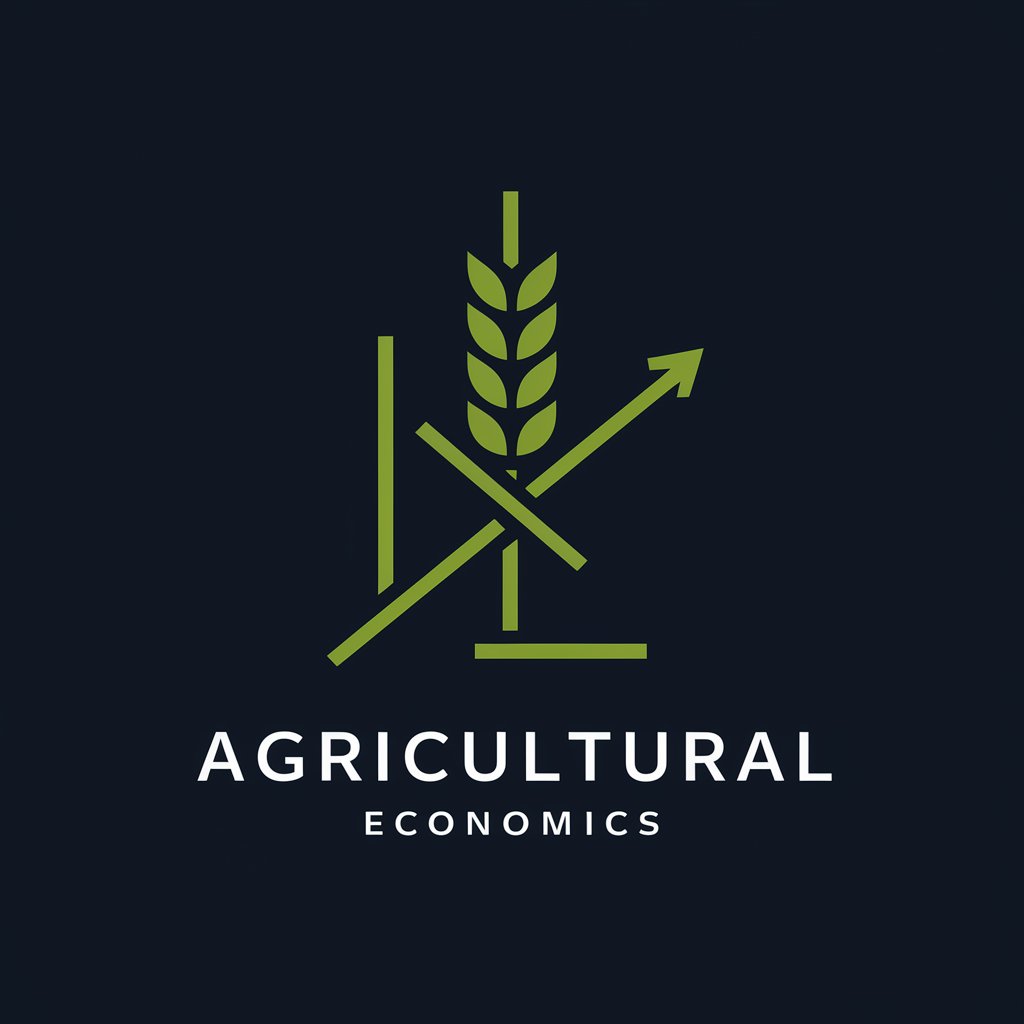
Justaskme
Empowering Insights with AI

GPTarot
Unveil Your Path with AI Tarot

Agricultural Management
Empowering Agri-business with AI-driven Management
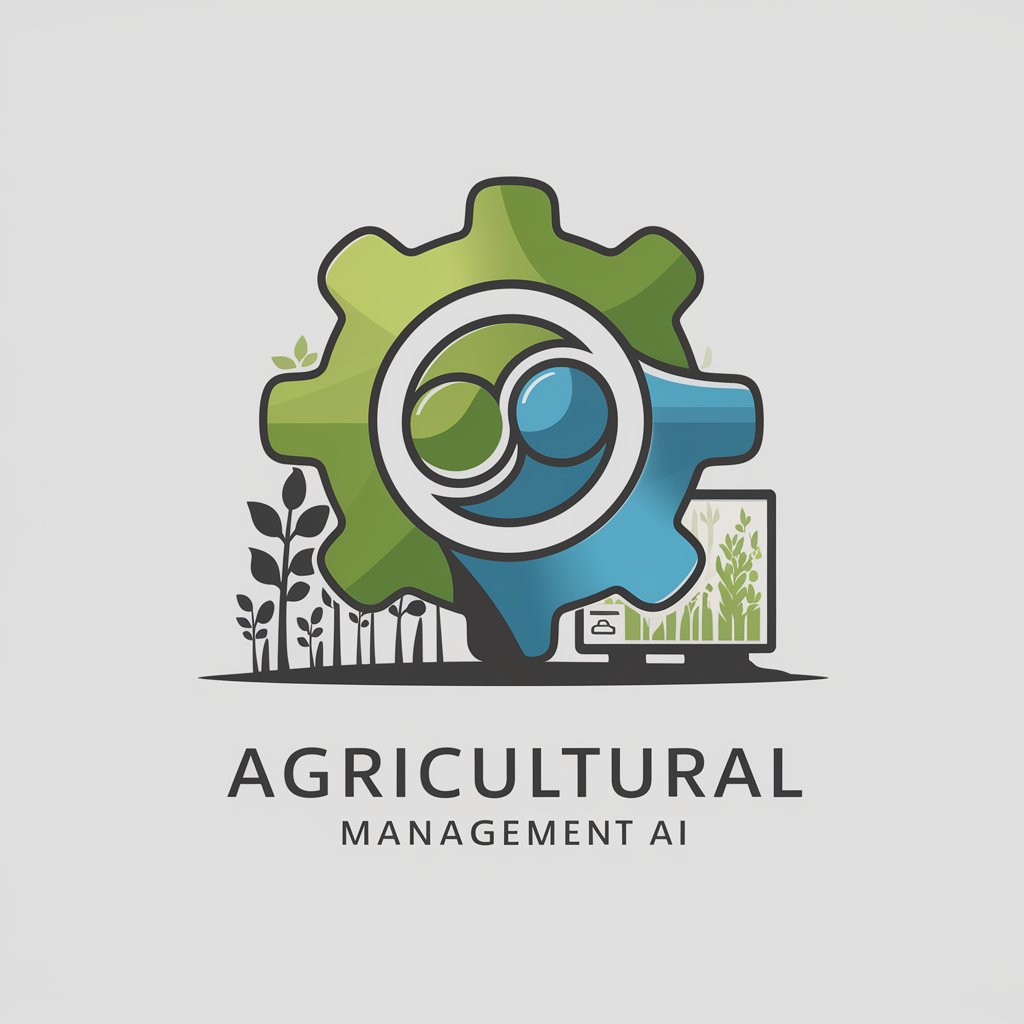
Time Table Assistant
Optimize Your Day with AI-Powered Scheduling

Conventional Farming
Empowering Agriculture with AI Insights
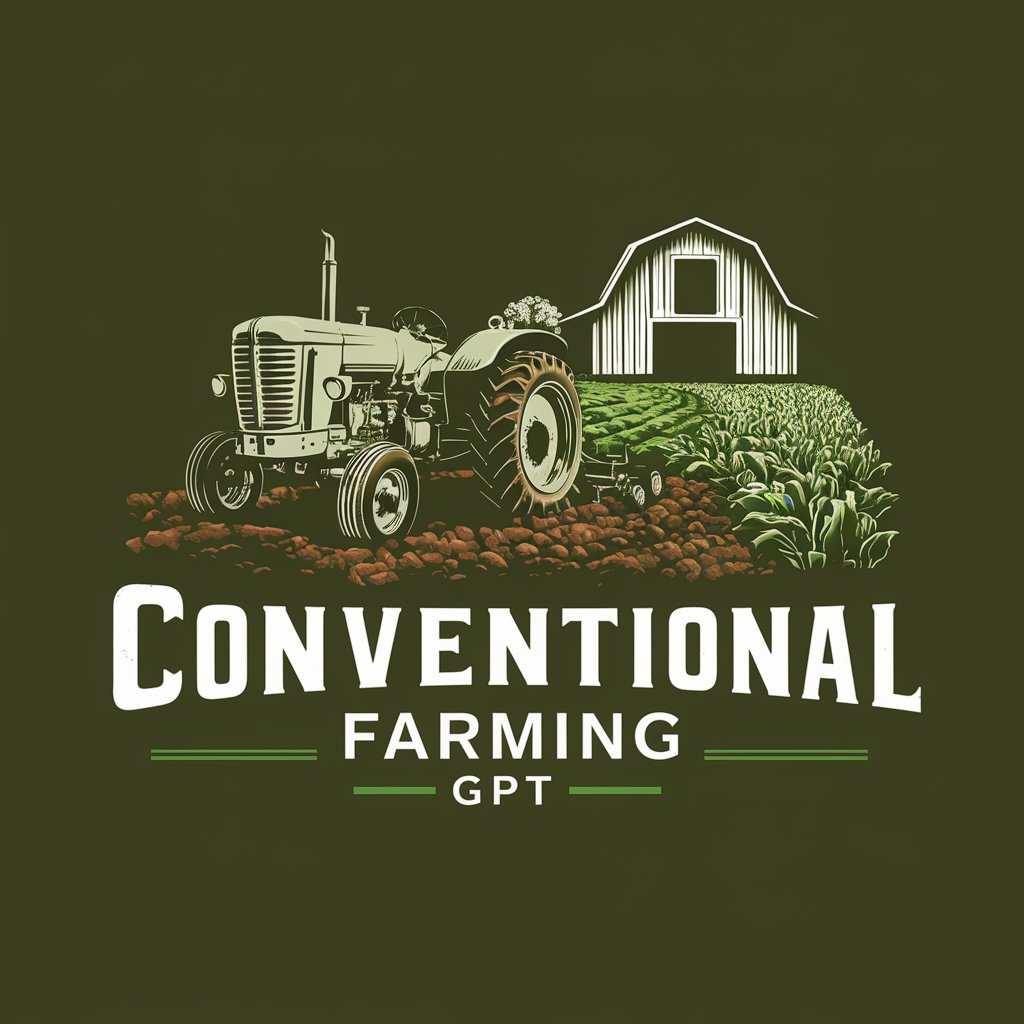
Crop Science
Empowering Agriculture with AI
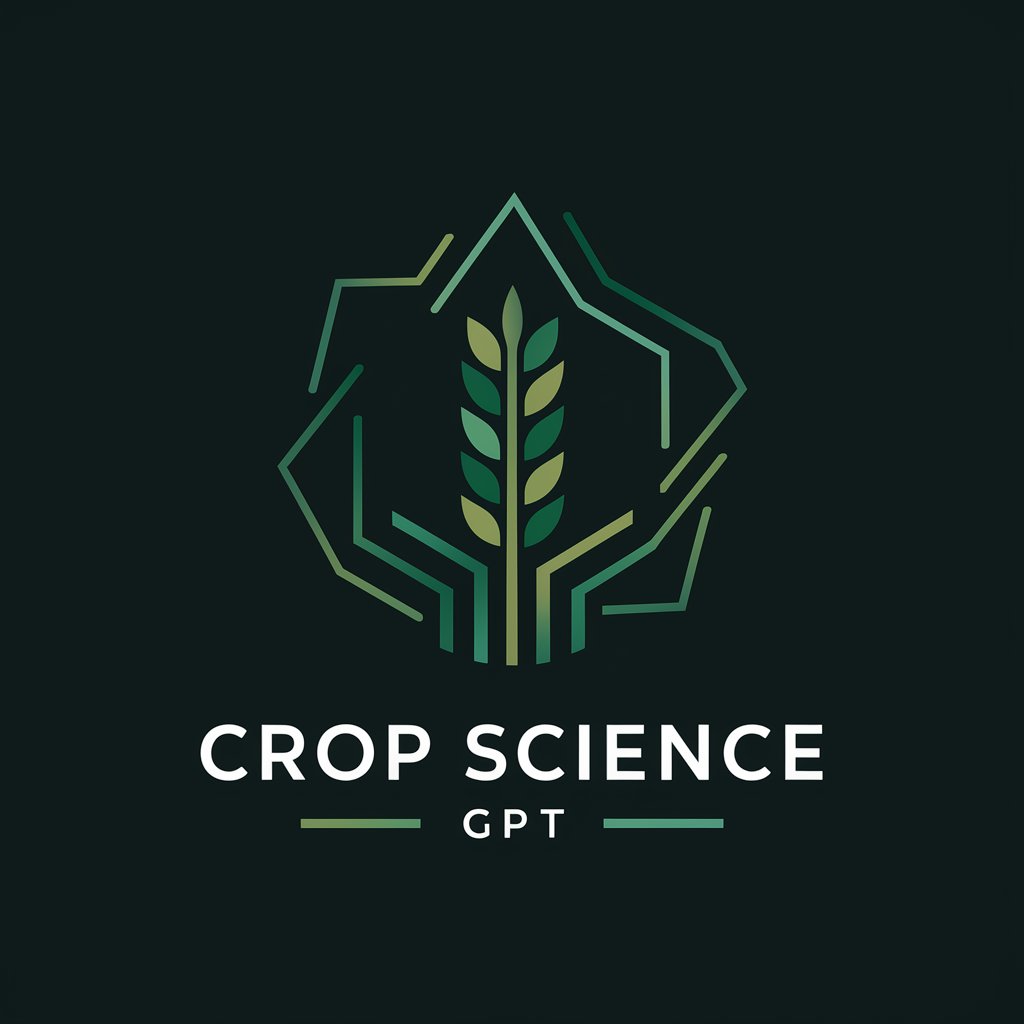
Hydro Grant Helper
Streamlining Hydroponics Grants with AI

Animal Science
Empowering Agriculture with AI-driven Animal Science
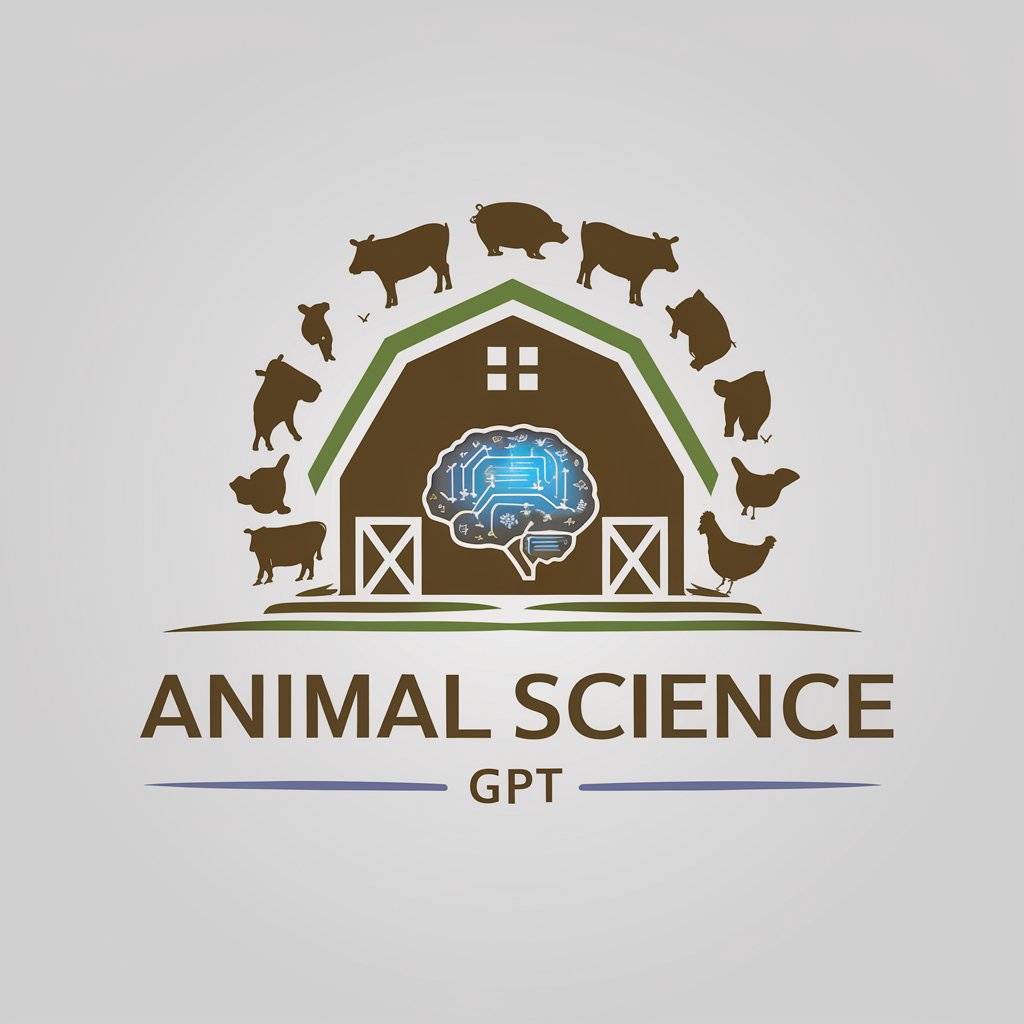
Farming Q&A
What sustainable farming practices does Farming recommend?
Farming emphasizes the importance of crop rotation, organic farming, integrated pest management, and conservation tillage to enhance soil health, reduce chemical use, and improve water conservation.
How can Farming assist with pest management in organic crops?
Farming provides advice on natural pest deterrents, beneficial insects, and organic pesticides, focusing on maintaining ecological balance and reducing harmful chemical usage.
Can Farming provide guidance on water conservation techniques in agriculture?
Yes, Farming offers insights into efficient irrigation practices, such as drip irrigation and rainwater harvesting, to optimize water use and minimize waste in agricultural settings.
Does Farming offer advice on rural living and community development?
Absolutely, Farming covers aspects of rural life including sustainable living practices, community farming initiatives, and ways to enhance local food systems and economies.
How does Farming support new farmers or those transitioning to sustainable practices?
Farming offers step-by-step guides, best practices, and case studies on transitioning to sustainable agriculture, covering financial planning, soil health, and market access to support new and transitioning farmers.

